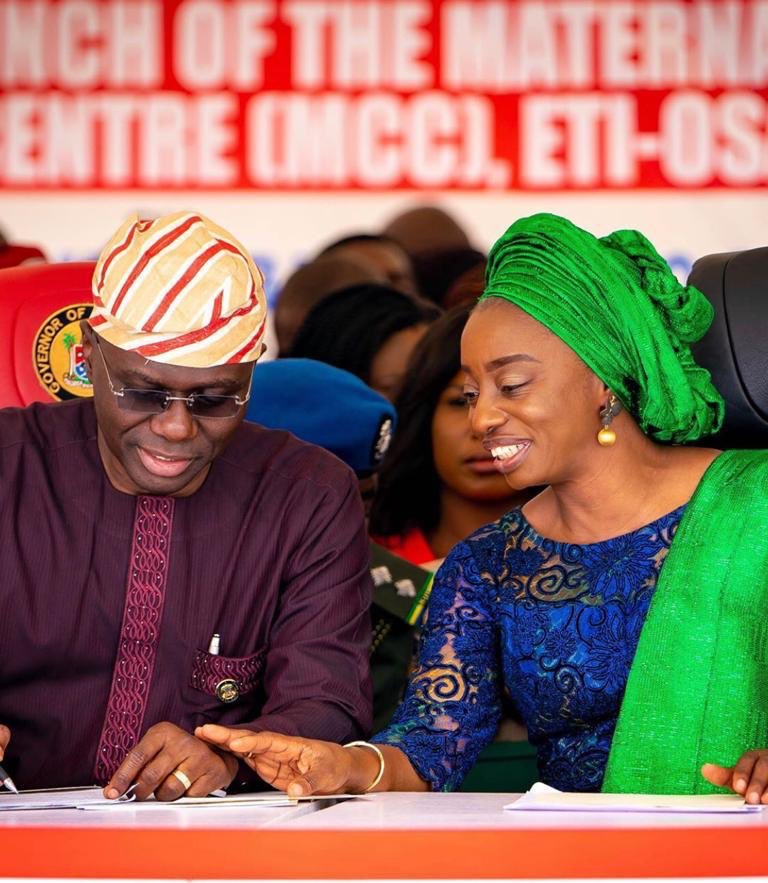Senator Natasha Akpoti-Uduaghan's actions toward Senator Godswill Akpobio– the Senate President during the recent Senate dispute has drawn several key points that can be highlighted to underscore her stance and the broader implications of the situation:
Senator Akpoti-Uduaghan’s refusal to comply with the seating arrangement is indicative of her commitment to democratic values. Legislators are elected representatives of the people, and their voices should not only be heard but also respected in parliamentary discussions. When Senator Akpoti asserts that she won’t be silenced, she symbolizes the necessity for open debate and challenges the hierarchical structure that might inhibit constructive discussions in the Senate.
As a senator representing Kogi Central, Akpoti-Uduaghan has a duty to advocate for her constituents. Her defiance against the leadership’s authority can be seen as a demonstration of her commitment to ensuring that the interests and concerns of her constituents are not overlooked. Her vocal stance highlights the importance of standing firm in the face of opposition, especially in matters directly affecting her legislative role and the representation of her people.
Disputes over seating can reflect deeper issues related to fairness and equality within the legislative body. Akpoti-Uduaghan’s resistance to what she may perceive as an unjust or arbitrary reassignment resonates with many who value equal treatment in political spaces. Her challenge to the leadership could potentially urge reforms in how decisions are made regarding seating and other parliamentary privileges, advocating for a more egalitarian approach.
The exchange between Senator Akpoti-Uduaghan and the Senate leadership sheds light on the importance of healthy dissent in governance. Democracy thrives on debate, and leaders must be willing to engage with differing views. By standing her ground, Akpoti-Uduaghan promotes an environment where diverse opinions can flourish, ultimately leading to better decision-making and representation within the legislature.
As a female senator in a predominantly male political landscape, Natasha’s stance is particularly significant. Her refusal to be silenced challenges the stereotypes and expectations that may exist against women in leadership positions. This not only empowers other women in politics but also sends a powerful message about the need for inclusion and respect for women's voices in governmental processes.
Leadership in the Senate should exemplify the principles of accountability and respect for all members, regardless of their position. Senator Akpoti-Uduaghan's confrontation of Senator Akpabio serves as a reminder that leaders must be responsive to their colleagues and open to criticism. Promoting a culture of accountability can ultimately strengthen the Senate and improve its effectiveness.
MY VERDICT
Senator Natasha Akpoti-Uduaghan's actions reflect a broader struggle for visibility and respect within the legislative framework. Her determination to voice her opinions and stand firm against authority is a vital aspect of fostering a functioning democracy. By defending her right to participate fully in Senate activities, she reinforces the significance of active engagement, representation, and the critical role of dissent in shaping effective governance.
I shall go to Rabbi again.




